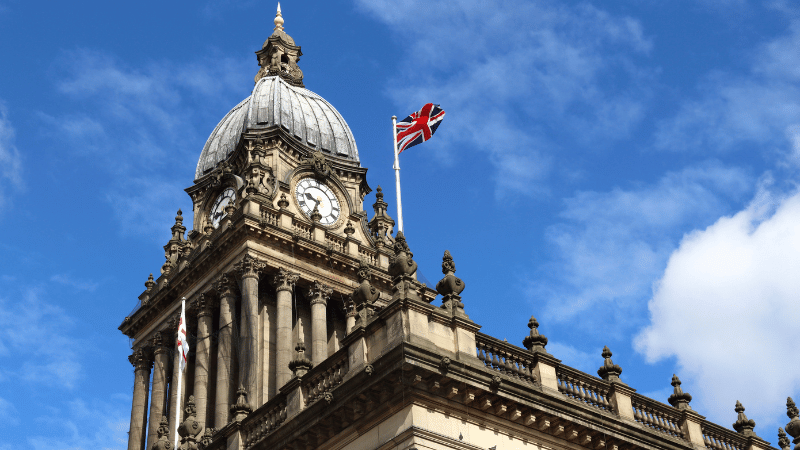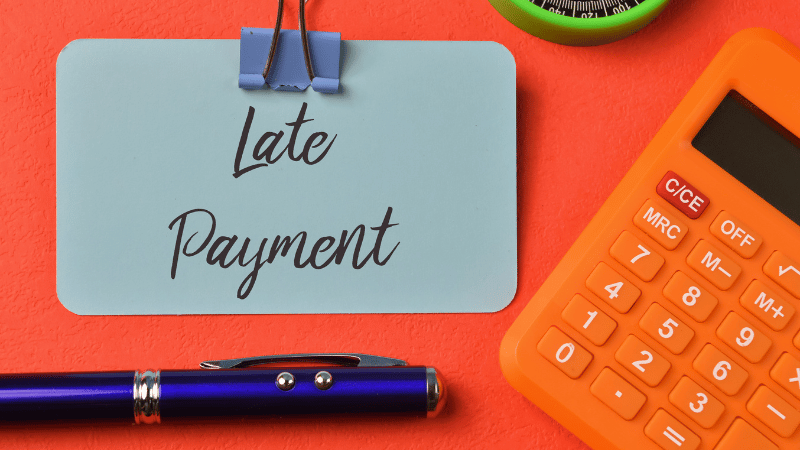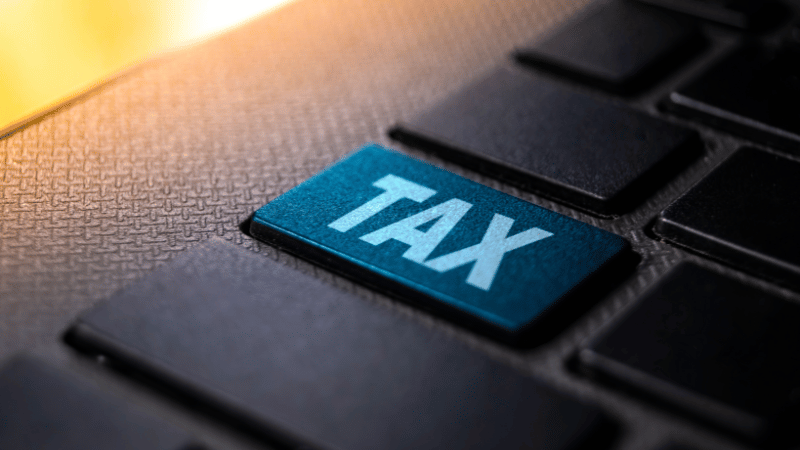Categories
Business Tax Arrears | Explanation & Solutions

Business tax arrears can present a considerable threat to the financial health and future of your company. When you fall behind on VAT or corporation tax payments, the pressure from HMRC can be debilitating.
Financial penalties and unwanted interest on the outstanding balance is one problem, but the stress and worry when you owe the tax man is just as significant.
Cash flow challenges can mean that even the most prepared businesses find themself struggling to pay large VAT or corporation tax bills - thankfully, we’re here at Clifton Private Finance to help.
What Are Business Tax Arrears?
In the UK it is a legal obligation for your business to keep up to date with its tax liabilities. The majority of UK companies are structured as limited companies and are VAT registered, this results in two key tax bills. Smaller businesses, such as sole traders, have to deal with a personal self-assessment tax return which is no less significant.
- VAT - VAT payments must be calculated and paid quarterly, with the payment due one month and seven days after each quarter ends.
- Corporation Tax - Paid annually, corporation tax is due nine months and one day after your company’s financial year-end (often March, making the bill due at the start of each calendar year).
- Self-Assessment - Personal self-assessments must be completed by the end of each January, with payments due on 31st January for the previous tax year (and, where applicable, a second payment on account due by 31st July of the same year).
By understanding your tax obligations, it’s a lot easier to avoid arrears.
What to Do if You’ve Fallen Into Tax Arrears
Being in an unmanaged state of business tax arrears will have an immediate impact on your business credit score and can quickly lead to a spiral of financial difficulties. It is essential that you act quickly to avoid further problems.
Thankfully, you do not have to struggle unaided.
Time to Pay (TTP) Arrangements
HMRC themselves can be quite helpful and maintaining open communication with them may help. For some businesses, they offer a Time to Pay (TTP) arrangement. This provides you with a payment plan that spreads your tax repayments over several months. Be aware, however, that TTP is provided at HMRC’s discretion and will incur interest - as of 26th November 2024, HMRC’s late payment interest rate is 7.25%.
VAT and Corporation Tax Loans
If you are unable to secure a TTP arrangement with HMRC or need funds immediately, a suitable alternative are VAT and corporation tax loans. These loans provide you with the money needed to clear all your business tax arrears, bringing your account in order and avoiding penalties and debt recovery action.
The Efficiency of VAT and Corporation Tax Loans
At Clifton Private Finance, our business finance teams are experts in finding the right loan options for you. VAT loans and corporation tax loans provide efficient, flexible support that will resolve your tax issues and lift the worry of a growing tax debt from your shoulders.
Specialised VAT and Corporate Tax Loans are:
- Unsecured - there’s no risk of losing essential company assets as part of the loan agreement.
- Fast - applications can be done in minutes, with decisions made in 24 hours and funds in the bank within 48 hours.
- Flexible - with repayment options that are tailored to meet your business needs, you needn’t worry that too much further strain will be put on your cash flow.
Whether you are already in arrears or have a looming tax deadline, a VAT or corporation tax loan can help.
Loans to Help the Self-Employed
If you’re a sole trader without a formal limited company structure behind you, it can be difficult to get dedicated tax loans.
Thankfully, at Clifton Private Finance, we work with lenders who understand the unique financial pressures of self-employment. Both unsecured and secured self employed loan options are available to help you cover your self-assessment tax liabilities.
Speak to one of our advisers to find out how we can help you obtain a loan that’s optimised to cover your tax bill.

Plan Ahead to Avoid Business Tax Arrears
The best way to handle tax liabilities is to make sure you don’t fall behind in the first place!
Our advisors recommend building a tax fund, a separate savings account where a percentage of your takings is put aside each month, ready to pay the tax bill when it comes around.
This has the added advantage of earning a little interest in the months before it’s needed - though you might need to shop around to find accounts that offer worthwhile interest rates.
By using accounts set aside to save for your tax obligations, money is separated from your operational costs, avoiding any mistakes where it’s used for other expenses.
Cash flow forecasting will also help you budget for tax payments by anticipating tax bills and making sure you have the funds to cover them. This doesn’t need to be complicated - a simple spreadsheet or accounting software tools can help enormously. When you forecast effectively, you have the flexibility to adjust your spending and keep your cash flow running smoothly.

Cash Flow Finance - Smoothing Your Day-to-Day to Avoid Tax Arrears
Running a business is never simple, however, and putting money aside to save for your tax liabilities can be difficult.
Business cash flow can be a constant struggle and the temptation to dip into a savings pot to get you through a tough period may be too large to resist. Instead, you could consider cash flow finance.
Cash flow finance refers to a range of funding products that help you with short-term financial pressure, leveraging assets to free up locked capital. A proactive solution for smoothing over fluctuations in your monthly income and outgoings, cash flow finance allows you to keep your tax savings untouched and the different parts of your business finance clearly separate.
Some options for cash flow finance include:
- Invoice financing - Bridging the gap between an invoice being issued and the customer making payment, invoice finance can be set up as a revolving credit facility to be on hand whenever needed.
- Credit cards and business overdrafts - Easy to apply for methods of support, both credit cards and business overdrafts can help you manage your monthly cash flow so you can leave your tax fund untouched.
- Merchant cash advance - Designed to facilitate B2C businesses that generate a significant amount of card transactions, merchant cash advance (MCA) offers a flexible cash flow solution that never results in burdensome repayments.
- Asset refinance - Releasing capital tied up in your business assets, such as vehicles or equipment, asset refinance is a powerful tool for accessing additional funds.
- Supply chain finance - If your business is a supplier to a larger company as part of an essential supply chain, there are a number of options that can help you maintain a healthy cash flow, from reverse factoring to dynamic discounting.
- These tailored solutions can all be used to manage your business finances in a professional and clear manner, helping you meet ongoing tax obligations through sensible capital allocation. With a proactive mindset and help from Clifton Private Finance, business tax arrears will become a thing of the past.
Dealing with Business Tax Arrears with Clifton Private Finance
At Clifton Private Finance, we understand that each business is unique and tailor our recommendations to suit your individual business needs.
Dealing with business tax arrears can be stressful, with the worry that HMRC can wield significant power to reclaim their dues - that’s why we’re focused on finding a quick and efficient solution to fix any problem. If you are struggling with debt management and a difficult tax bill, contact Clifton Private Finance today and let us help you breathe easily.











